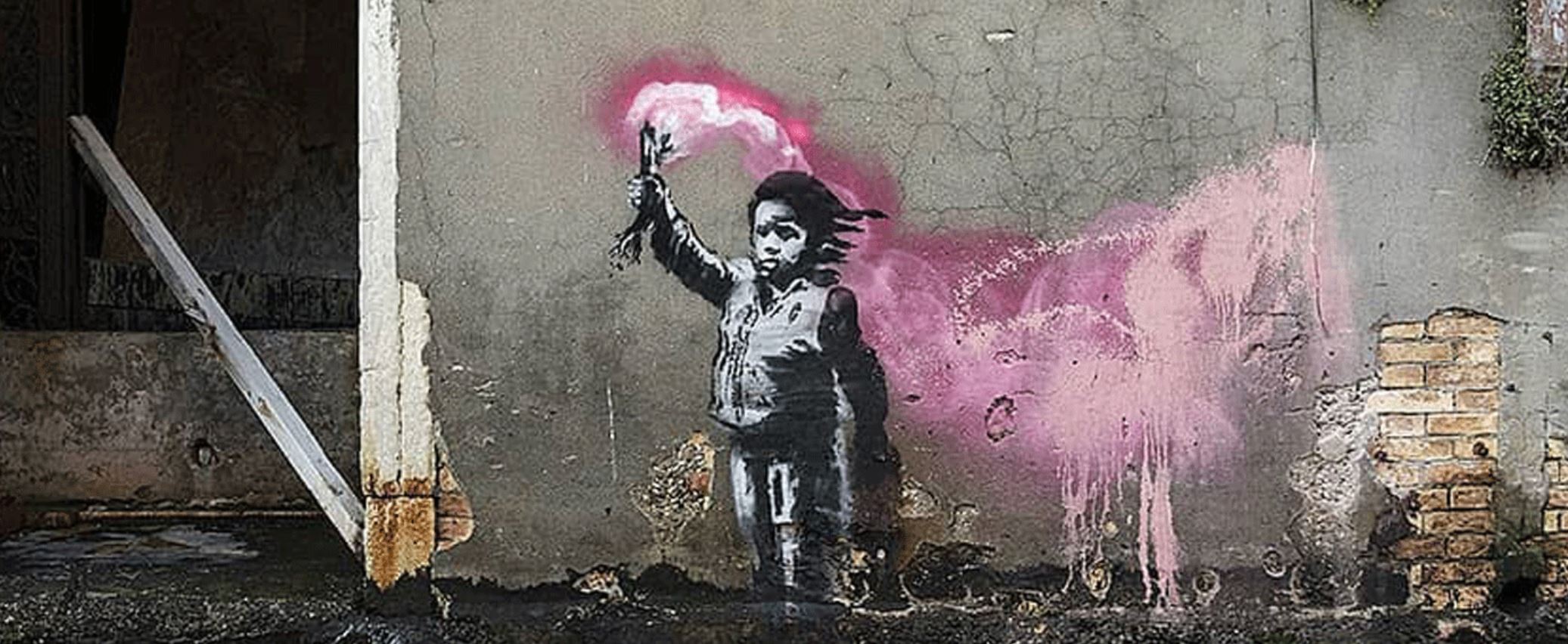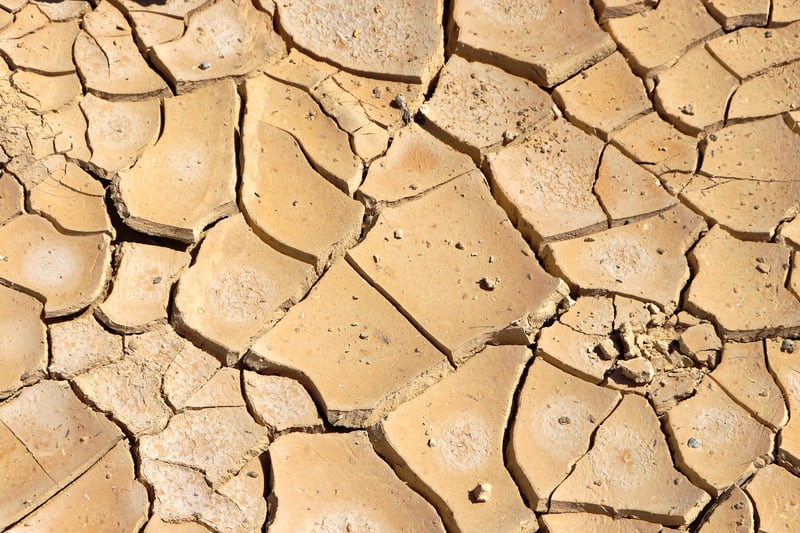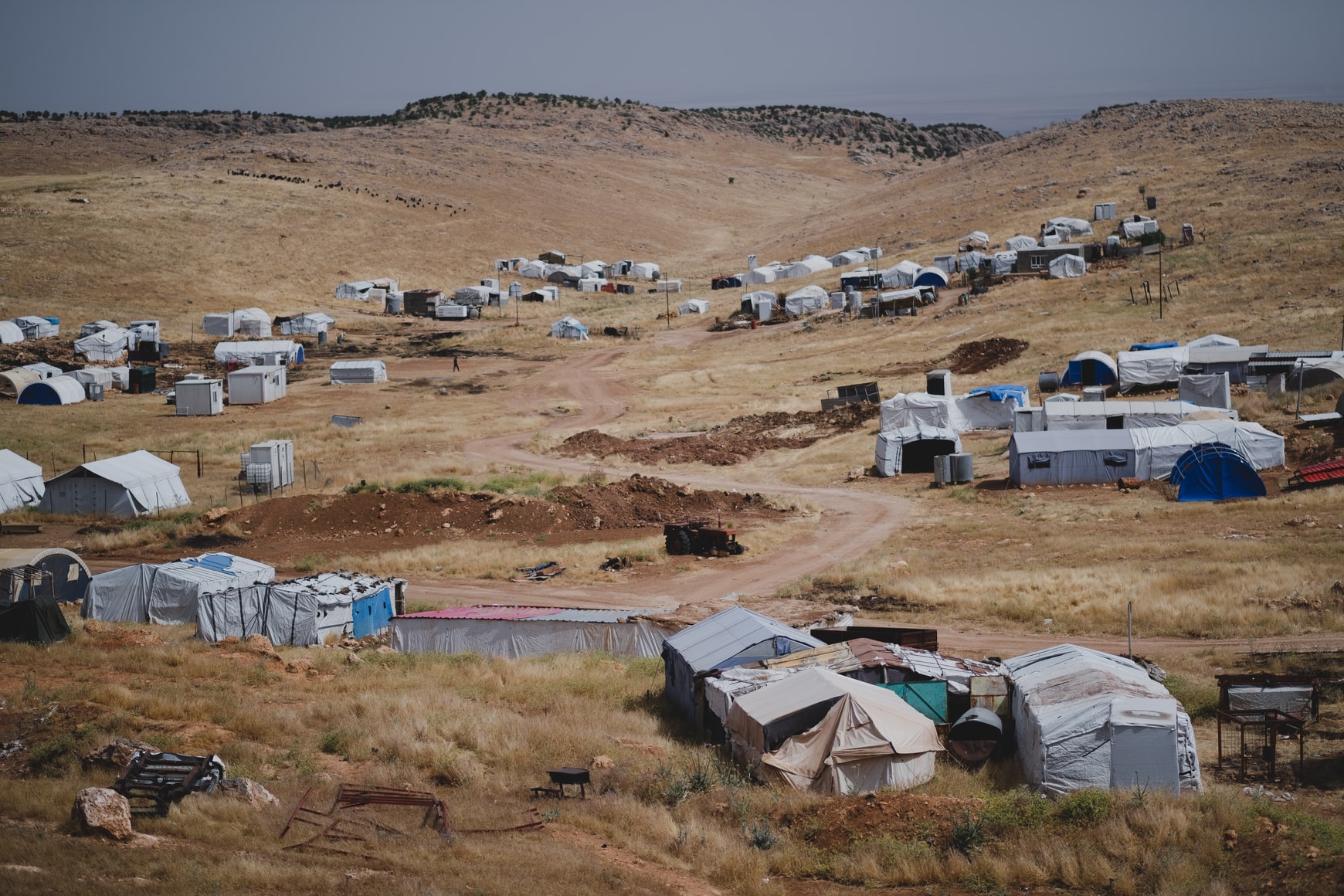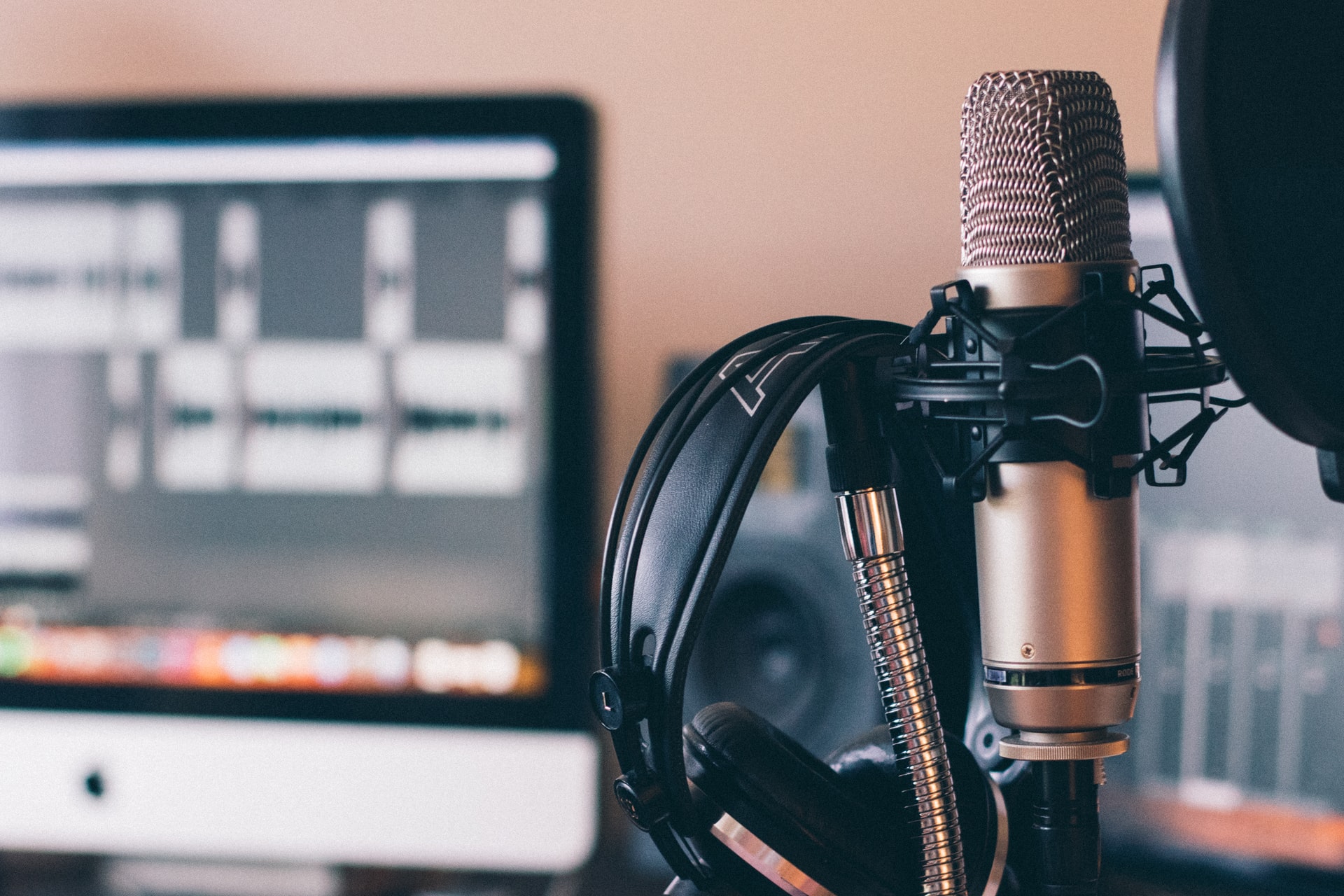On the penultimate day of Refugee Realities, a series of student-produced podcasts about displacement and asylum, Taitum Caggiano, co-producer of Women, peace, and security after Europe’s refugee `crisis’ reflects on her experience co-creating this episode for the series – how it helped her move past academic theory into real-life events and experiences.
The academic work that makes up a Master’s program can sometimes feel quite removed from its applications in the world. That’s why, when my Forced Migration and Refugees (DV462) seminar leader, Ian Madison, proposed creating podcasts based on the topics covered in class my colleague, Gabriele Canavan, and I jumped at the chance to engage with the course’s material in a new, more applied way.
DV462, convened by Stuart Gordon, taught me about the complexities of the international refugee regime through a series of important lenses including securitisation and gender. However, after the course ended, I still had many questions that I wanted to explore in relation to these themes and their influence on policy, especially those which related to the Women, Peace, and Security (WPS) agenda.
Looking to find answers to these questions and to put our Zoom classroom knowledge to good use, Gabriele and I chose to focus our podcast on the intersection of gender and the refugee regime, specifically opportunities for a refugee-inclusive WPS agenda. This topic allowed us to blend the knowledge we gained from DV462 with the expertise we gained from our MSc programme, while engaging with both at a deeper level. Additionally, it allowed us to interact and learn with our professor, Aiko Holvikivi, and her colleague, Audrey Reeves, in a new way. Collaborating on the podcast allowed us to remove a bit of the distance found in the normal teacher-student relationship and engage in more interesting questions that sometimes led into vulnerable territory. These questions moved past academic theory and into real-life experiences and lessons. Aiko and Audrey shared how their opinions have shifted over time, laughed at how differently they see things now, and ultimately offered up parts of themselves and their stories we wouldn’t have had access to otherwise.
Collaborating on the podcast allowed us to remove a bit of the distance found in the normal teacher-student relationship and engage in more interesting questions that sometimes led into vulnerable territory.
As for the academic content, I feel like I developed a deeper understanding of the topics discussed in DV462 as well as the securitisation of gendered refugee issues through the WPS agenda. Going further, making the podcast allowed Gabriele and me to transfer the academic discussions we had in seminar to something a bit more tangible. It was really exciting to apply the critical skills we learned to a niche question we didn’t have time to discuss in class. The podcast experience helped us transfer the skills we gained from DV462 to our own personal research.
Working on the podcast itself was an exciting task! Although editing took a bit longer than Gabriele and I would have cared for, the interview with Aiko and Audrey was incredibly pleasant. They answered our questions with honesty and care, while consistently treating us as equal collaborators who also held valuable opinions. They encouraged us throughout the entire podcast process, and they brought exceptionally brilliant and easy-going attitudes to our recording session. It felt like a natural conversation between friends, and it was lovely to connect with them through the medium of a podcast. In the future, I will now feel more confident approaching other academics and professionals to learn about their experiences and work.
Throughout the podcasting process, we were felt very supported. Ian provided clear guidelines, consistent assistance, and enthusiastic encouragement. He even set up a training session for those interested in participating in the project with podcast professionals from the Eden Centre. They gave us their valuable tips and tricks for podcasting which definitely proved useful during the somewhat taxing editing stage. Their advice along with Ian’s helped make the technical side of podcast creation much easier than it would have been otherwise.
it allowed us to amplify the voices of those calling for greater attention to and consideration for the rights of refugees around the world.
Reflecting back on my experience of creating this podcast episode, I’m reminded how important it is for this kind of opportunity to be available to students. I’ve gained not only hard skills like podcast editing, but also soft skills like interview techniques. This podcast project also allowed me and other DV462 students to bridge their academic work with the real world. Whether students were interviewing those with lived refugee experience, academics working on refugee issues, or policy makers who make decisions that impact the lives of refugees; the podcast project allowed us to connect the topics we discussed in class to what is taking place at the current moment all around us. In addition, it allowed us to amplify the voices of those calling for greater attention to and consideration for the rights of refugees around the world. I’m really grateful for the chance to collaborate on a project like this! My experience at LSE has been enriched by my participation in DV462 Film Club’s podcast project.
_________________________________________________________________________________________________________________________
This post is opinion-based and does not reflect the views of the London School of Economics and Political Science or any of its constituent departments and divisions.
_________________________________________________________________________________________________________________________
Image: UN Women/Christopher Herwig






Very well written.